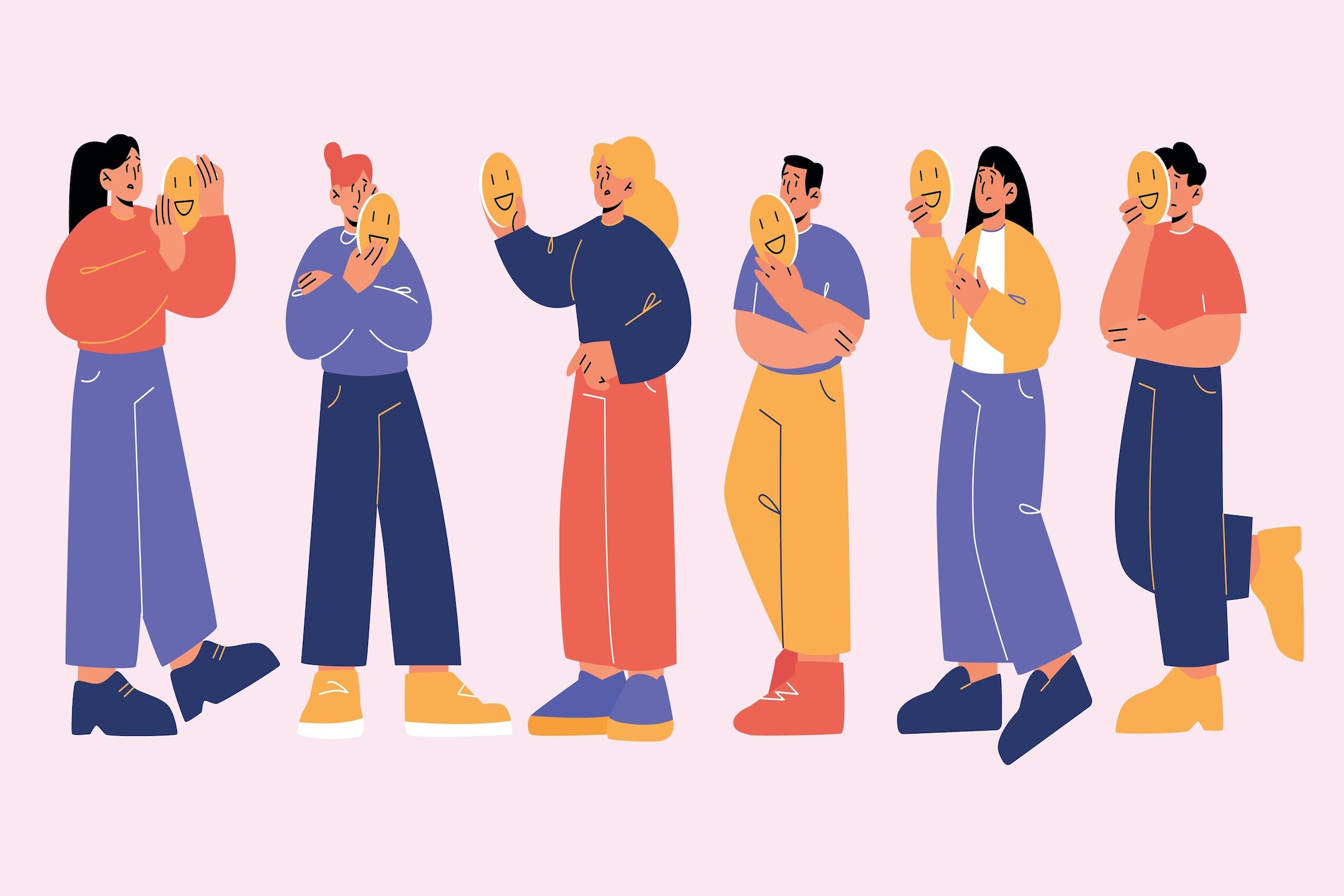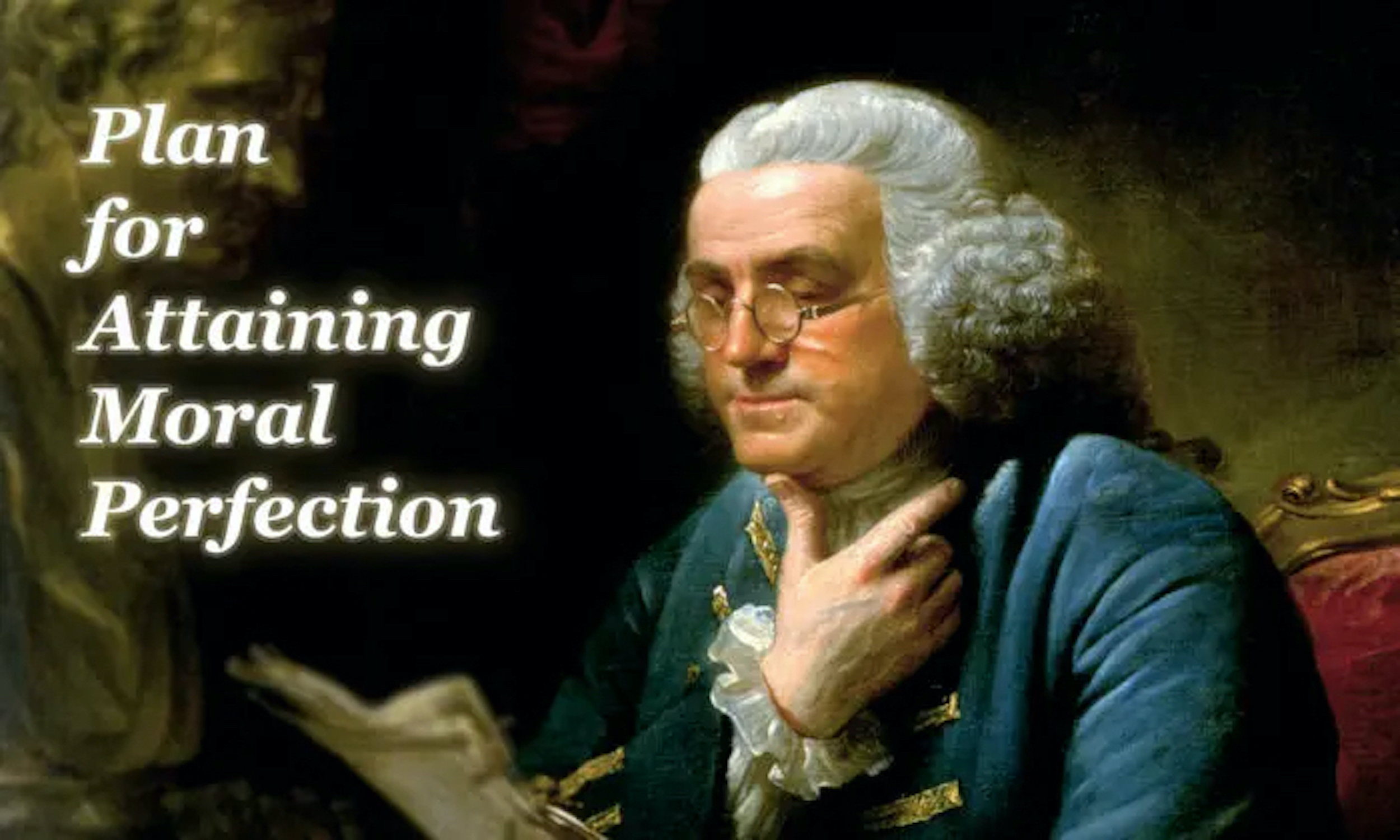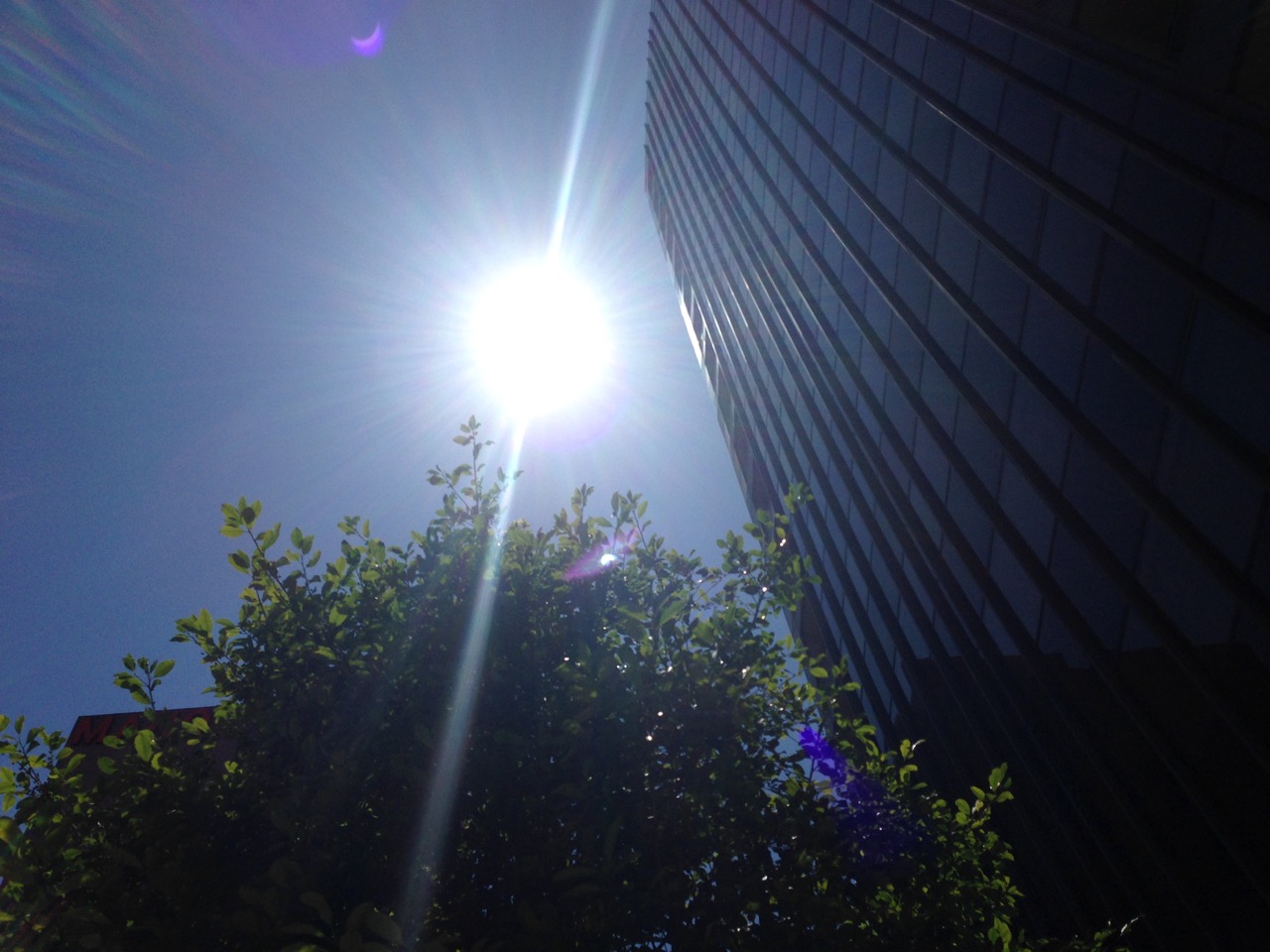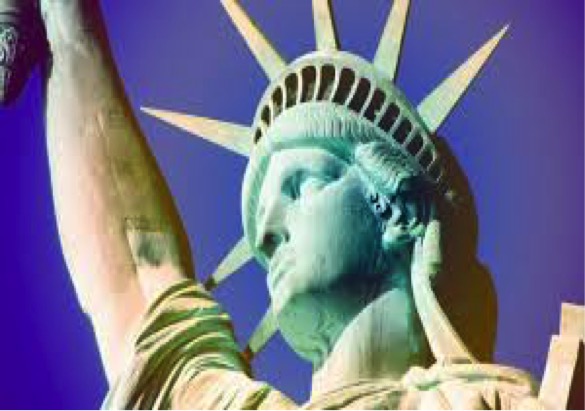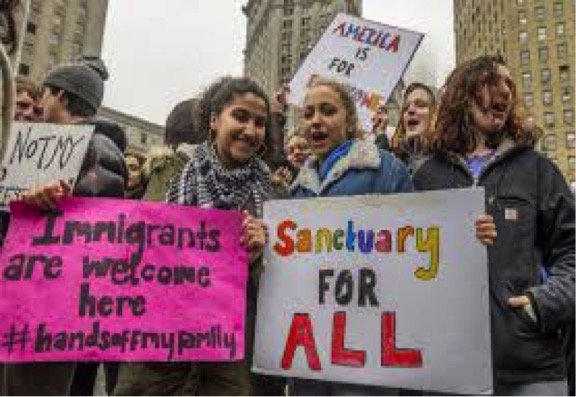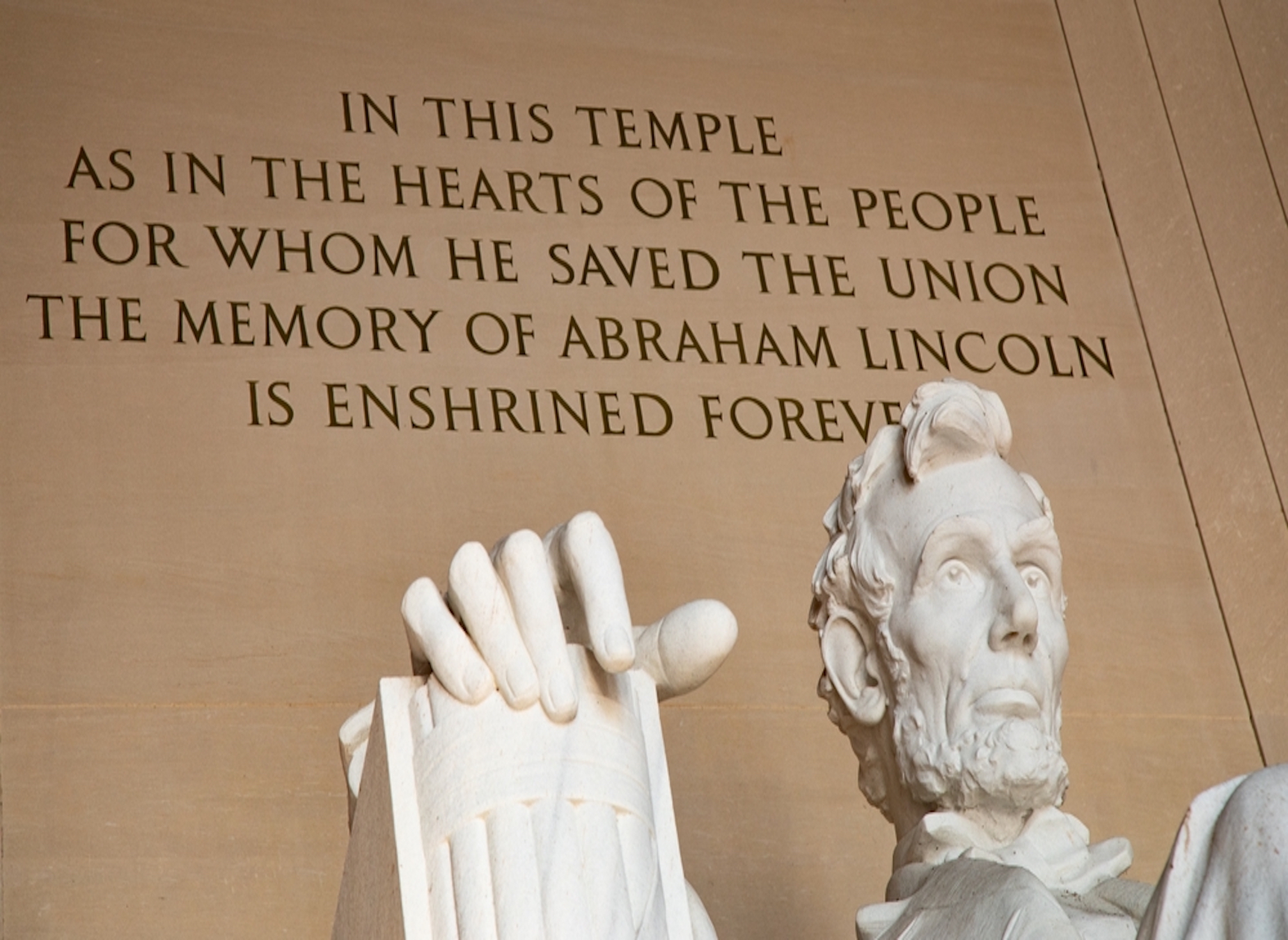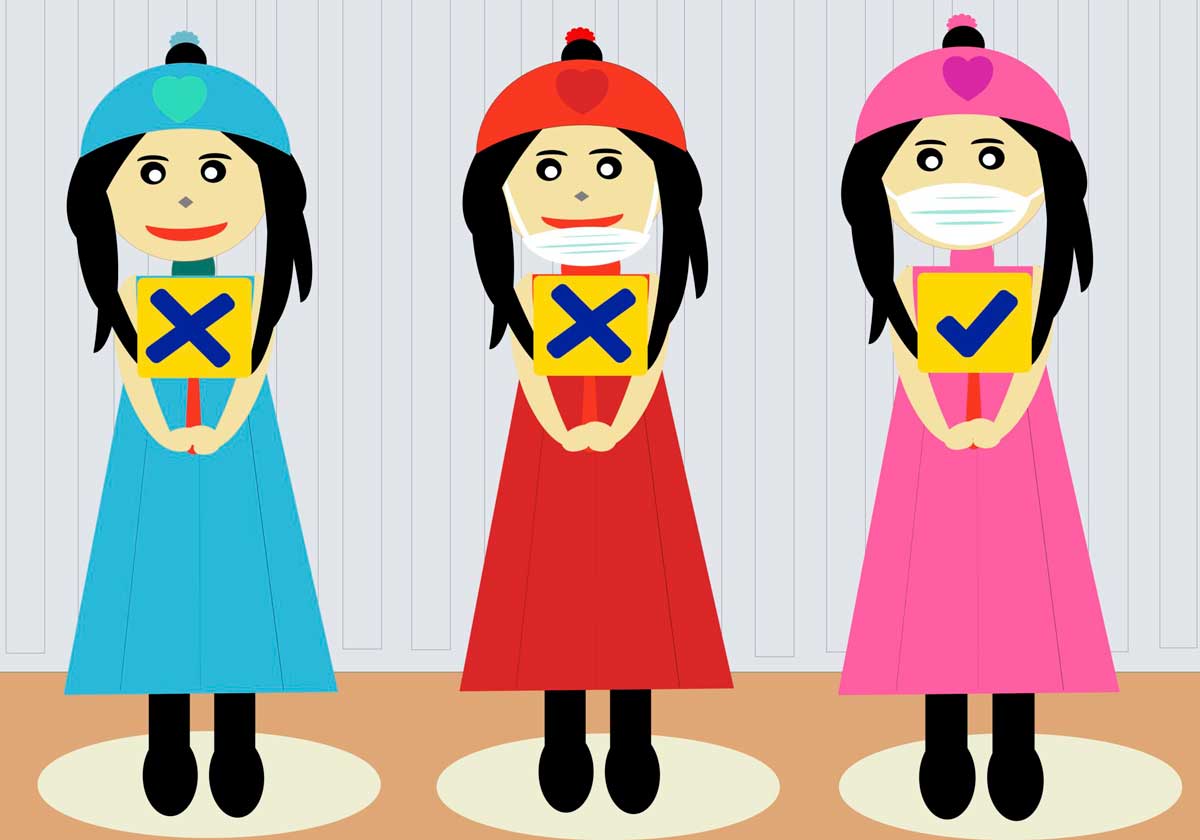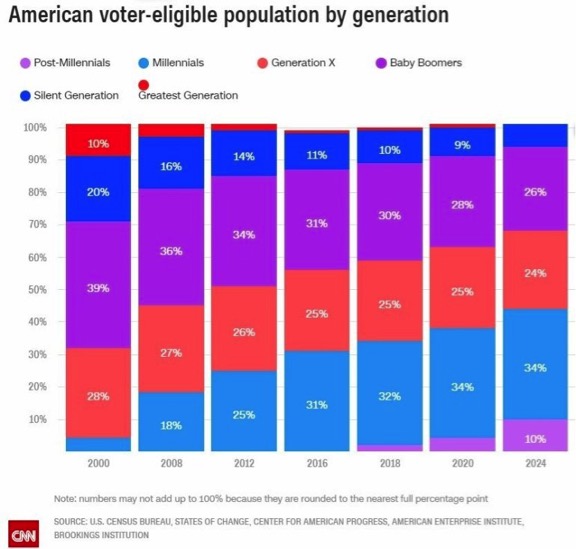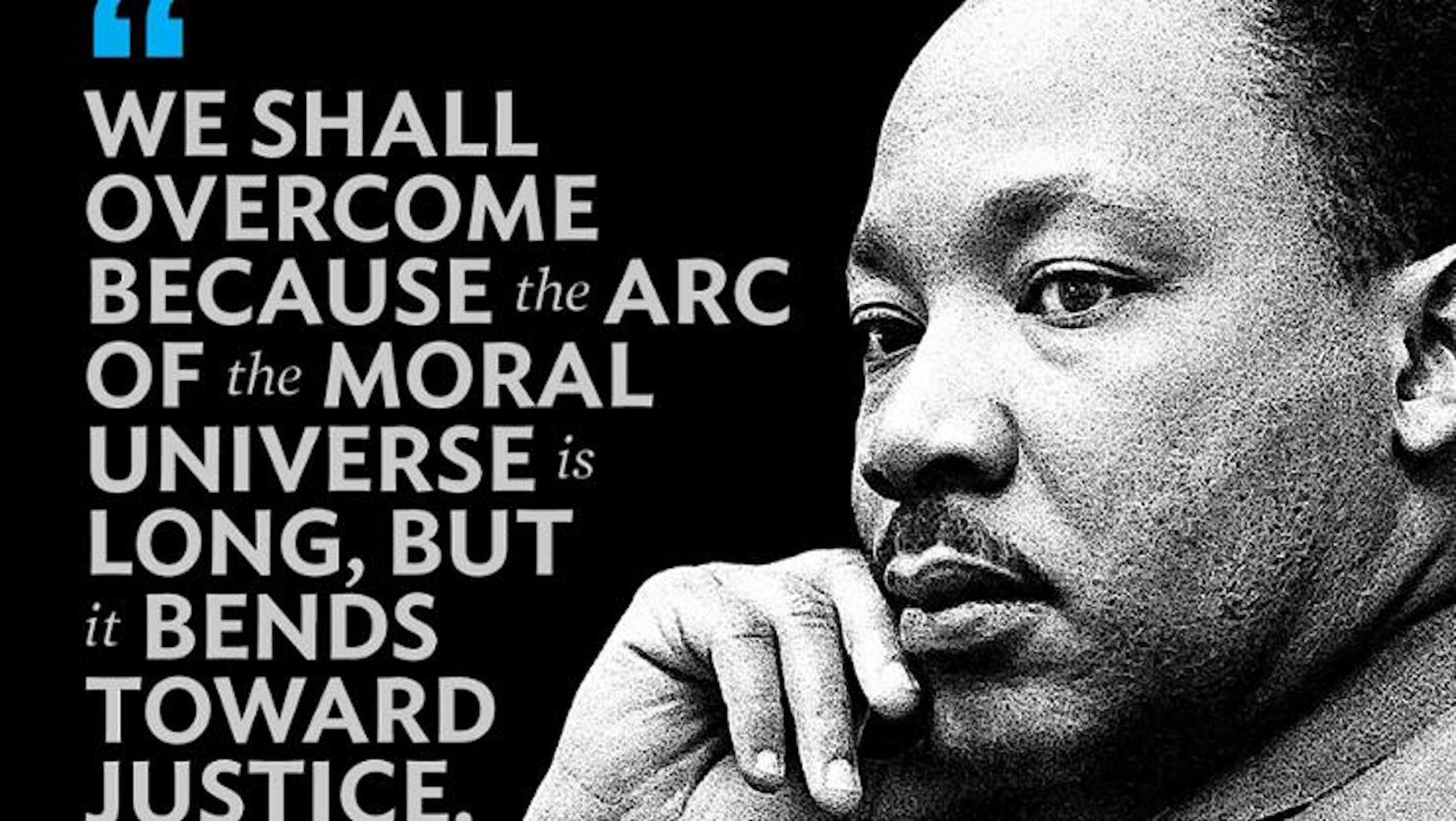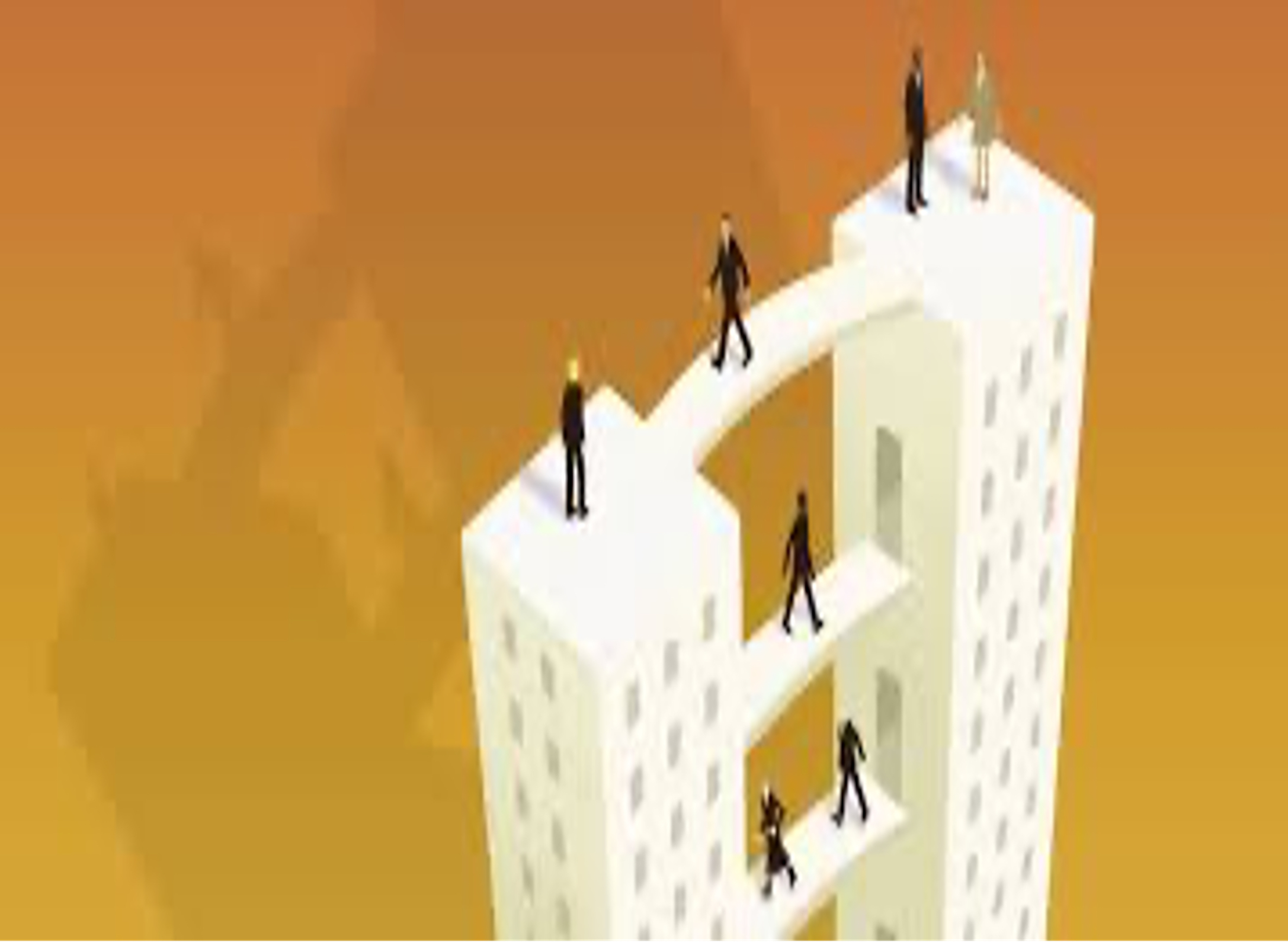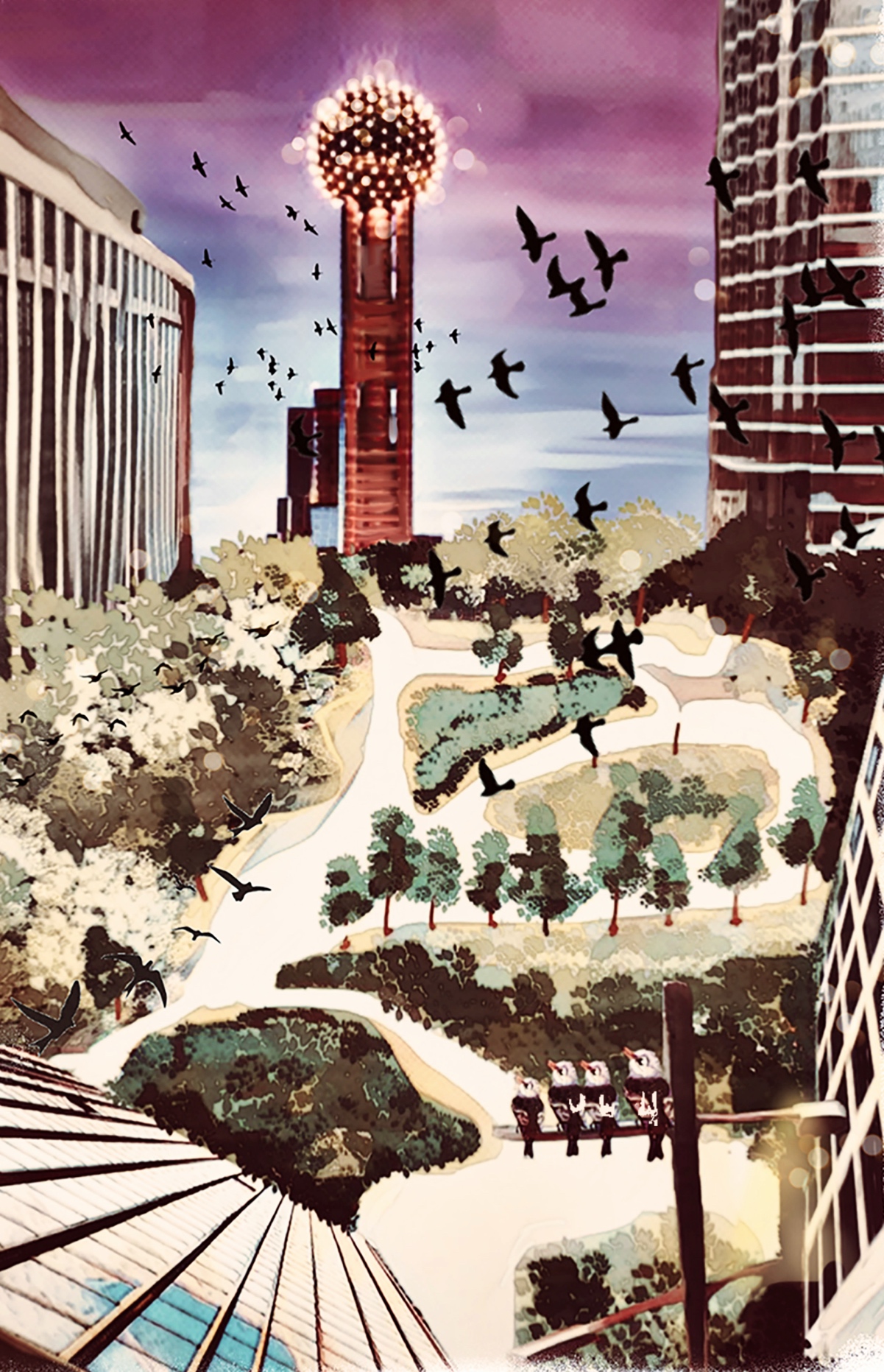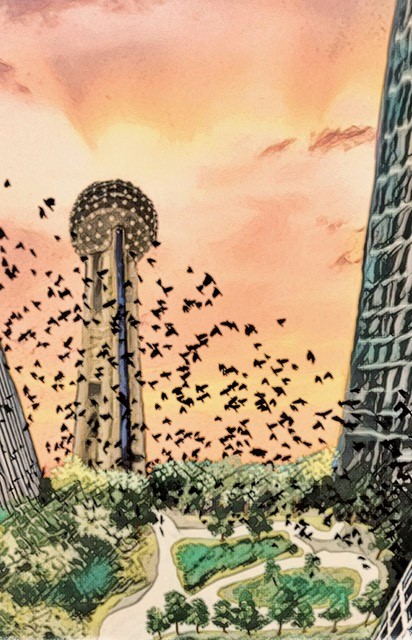- Credits:
- The New York Times. Randy Clover leaving his home in Ava, Ill., to go to work at a state mental health facility in Chester, IL. The case was started by the governor to destroy unions.
Archive | Historical Interest: Helen’s Place LLC July 29, 2022
Unions, and the right to unionize in America, play a vital role in deterring companies from unfair treatment of their workers.
This topic is of interest because many people choose to work for companies and institutions that are unionized, to increase their sense of security and well-being, and to obtain better pay and working conditions.
In the Janus case reported below, the Supreme Court on June 27, 2018, issued a blow to unionization in its ruling Janus v. American Federation of State, County, and Municipal Employees (Janus v. AFSCME), holding that public sector unions cannot require non-member employees to pay agency fees covering the costs of non-political union activities.
Highlights – The New York Times, February 22, 2018, “A Supreme Court Showdown Could Shrink Unions’ Power:”
Randy Clover is something of an anomaly – the president of a union local here that represents Illinois state employees and a Republican precinct leader who voted for President Trump. But he has no doubt about what will be at stake next week at the Supreme Court: the financial and political clout of one of organized labor’s last strongholds.
The court will hear arguments on Monday about whether the government employees represented by Mr. Clover’s union, the American Federation of State, County and Municipal Employees, must pay the union a fee for representing them in collective bargaining.
Conservative groups, supported by the Trump administration, say the First Amendment bars forcing government workers from having to pay anything, and the court has sent strong signals that it agrees with that argument.
If it does, unions like Mr. Clover’s stand to lose fees not only from workers who object to the positions they take in negotiations but also from anyone who chooses not to join a union but benefits from its efforts. To hear Mr. Clover tell it, the case is the culmination of a decades-long assault against the labor movement.
“The case was started by the governor to destroy unions,” Mr. Clover said, referring to Gov. Bruce Rauner, a Republican who has been at war with Illinois’s public-sector unions. “It’s trying to diminish the protections that unions have for their members.”
The Supreme Court is back to full strength with Mr. Trump’s appointment of Justice Neil M. Gorsuch, and most observers believe the new justice will join the court’s other conservatives to deliver a decision that will hurt public unions.
Two of the biggest employers here in Chester are run by the state, and together they employ about 1,400 union workers. Mr. Clover, a blunt and burly 54-year-old who works at a state mental health facility, represents more than 400 of them. Another thousand or so work at a state prison.
If the Supreme Court rules against his union, Mr. Clover said, its finances would suffer and its influence would drop. In time, he said, his members’ incomes would fall, and local businesses would suffer.
More than 20 states let public unions charge nonmembers fees for work on their behalf. But unions can survive without the fees, Solicitor General Noel J. Francisco wrote in a brief for the Trump administration. “Despite the absence of agency fees, nearly a million federal employees – more than 27 percent of the federal work force – are union members,” Mr. Francisco wrote.
Mr. Clover, a Republican precinct committeeman in nearby Kinkaid Township, voted for Mr. Trump and said he was puzzled by the administration’s position in the case, which he believes is aimed at undermining his union’s effectiveness.
“The union’s leadership tries to better the workplace for men and women trying to do their jobs,” he said. “But, unfortunately, I’ve seen the attack of the richer people trying to control everything.”
Mr. Clover voted for Mr. Trump and said he was puzzled by the administration’s position in the case. Whitney Curtis for The New York Times
To decide against the union, the Supreme Court will have to overrule a 40-year-old precedent, Abood v. Detroit Board of Education. The decision drew a distinction between forced payments for a union’s purely political activities, which it held were forbidden by the First Amendment, and ones for more conventional union work, like bargaining, contract administration and representation of workers in grievance proceedings.
“To compel employees financially to support their collective-bargaining representative has an impact upon their First Amendment interests,” Justice Potter Stewart wrote for the majority. But, he wrote, “such interference as exists is constitutionally justified” to ensure “labor peace” and to thwart “free riders.”
In more recent decisions, the Supreme Court has twice suggested that the line drawn in the Abood decision is flawed and that the First Amendment bars the compelled payments for any activity by public unions.
“Because a public-sector union takes many positions during collective bargaining that have powerful political and civic consequences,” Justice Samuel A. Alito Jr. wrote for the majority in 2012 in one of the cases, “the compulsory fees constitute a form of compelled speech and association that imposes a significant impingement on First Amendment rights.”
Lawyers for the union have urged the Supreme Court to reaffirm the Abood decision and to bar “free riders.” But Mr. Janus’s lawyers said that phrase had things backward. “An accurate term,” they wrote in a Supreme Court brief, “would be ‘forced riders,’ as nonmembers are being forced by the government to travel with a mandatory union advocate to policy destinations they may not wish to reach.”
Mr. Clover said his union had done invaluable work, notably in ensuring workers’ safety. He gave an example from his workplace, a maximum-security facility that houses mentally ill people caught up in the criminal justice system.
Read full article:
https://www.nytimes.com/2018/02/22/us/politics/supreme-court-unions.html
https://www.nytimes.com/2018/02/22/us/politics/supreme-court-unions.html
Related audio/video interview recordings:
Short videos about why unions are important to America:
YouTube, Robert Reich, March 18, 2019, “Why Unions Matter to You”
YouTube, U.S. Department of Labor, February 7, 2022, “Why Unions Matter”
Other related article you may be interested in:
Discusses the Janus case and the negative effect on public sector education unions:
Atlantic, Alana Samuels, June 27, 2018, “Is this the End of Public-Sector Unions?”
Amazon workers with need to unionize discussed in:
Helen’s Place LLC, “Fulfillment Center Jobs with Potential to Reduce Poverty”
Your comments are greatly appreciated. Send them to Helen’s Place LLC via email to info@helensplacenet.com.
